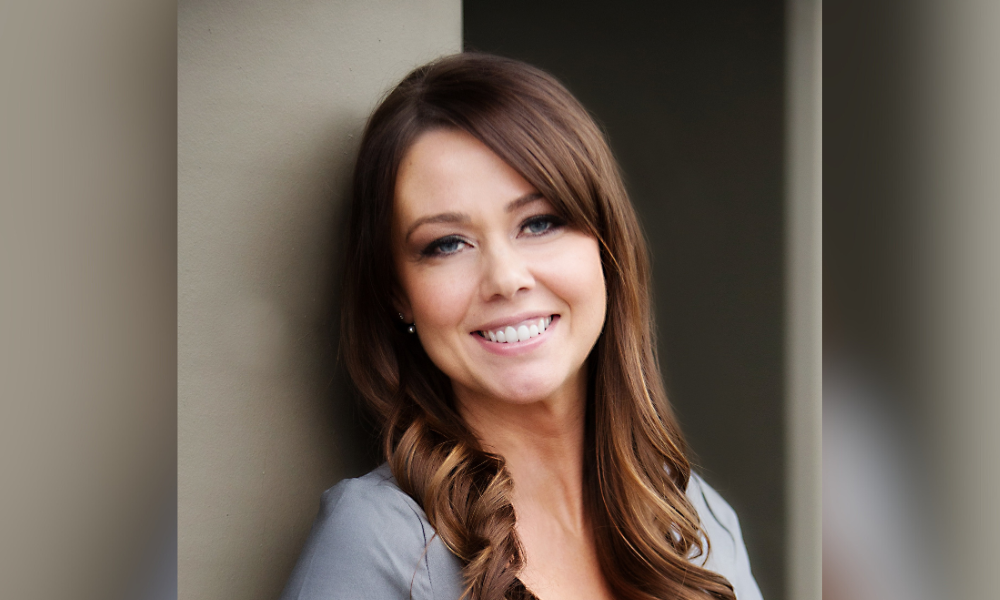Two years since the federal finance minister welcomed the prospect of open banking, few significant steps forward have been made

It was a development that looked set to pave the way for the advent of open banking in Canada: an announcement by federal finance minister and deputy minister Chrystia Freeland, welcoming an advisory committee’s report on modernizing the financial services sector and implementing an open banking system, in the summer of 2021.
The finance department’s news release noted that with the global economy undergoing a “rapid digital transformation,” further use of open banking – allowing customers’ financial data to be accessible by third-party service providers – offered the potential to “contribute to economic growth in a data-driven, digital economy and improve the financial outcomes of Canadians and their businesses.”
However, two years to the day since that pronouncement, the development of a secure Canada-wide open banking system remains little more than a pipe dream. In July last year, the federal government established working groups and a steering committee to work towards implementation – but there have been no overall progress updates since December, despite a series of meetings detailed by each group in 2023 to date.
A global glance at #openbanking
— Dr Efi Pylarinou (@efipm) September 1, 2021
What does “Made-in-Canada” Open Banking Look Like? https://t.co/YNytcHHBEa@OttLegalRebels @rshevlin @FTPartners @enricomolinari @FintechBot @TramANguyen @FrRonconi @SpirosMargaris @argyriou @Visible_Banking @davidjmaireles @RAlexJimenez pic.twitter.com/TlhKT8oHaN
How could open banking impact the mortgage industry?
Many in the mortgage industry will undoubtedly be viewing that sluggish pace with a degree of impatience, particularly with open banking – which would give smaller financial services firms access to a plethora of Big Six data – holding the potential to radically transform the work of professionals in the space, according to a leading mortgage broker.
Christine Buemann (pictured top) of The Collective Mortgage Group told Canadian Mortgage Professional that while there was “a long road ahead” before the introduction of true open finance in Canada, the concept promised to have a “dramatic” impact in opening up competition.
“Right now, we have really limited options, and the way we access data is archaic,” she said. “From the broker standpoint, it will definitely change our value proposition to lenders.”
An example of how the process could be transformed is gathering paystubs: whereas that’s currently a lengthy endeavour that involves delivery of the document from client to broker, followed by multiple checks by broker and lender, it could be significantly accelerated and streamlined through an open banking system, according to Buemann.
“All of this is time, and that leaves so many spaces for human error,” she said. “And that’s just one person. If we could gather that data directly from the source, and if we can change the risk assessment for ability to pay – which is where I think open banking will take us eventually – then it minimizes the amount of time, energy, and effort that’s required to validate that information and to actually acquire it.
“If you can acquire it directly from the source, it’s way more efficient, it’s way more effective, and it’s also way more trustworthy.”
How much do Canadians know about open banking?
The concept currently remains something of a mystery for many Canadians. A recent Financial Consumer Agency of Canada (FCAC) report on consumers’ awareness and understanding of the idea showed that just 9% had heard of open banking – while not all who had heard of it completely understand the concept.
Fifteen percent (15%) of respondents to the FCAC survey said they would participate in open banking, while 29% remained undecided and fully 52% indicated they wouldn’t.
Such perceptions are likely to change as the idea becomes increasingly mainstream, Buemann said, although Canada’s leading banks could prove a significant hurdle to advancement of a fully open banking system.
“I think that there’s so much confusion around what open banking and open finance actually is that I think once the gates open, it’ll be a little bit more of a tidal wave,” she said. “But it’s tough to say, because it’s all humans making human decisions.
“The regulators are also humans making human decisions – and as it stands right now, the big banks have so much to lose with open banking that I believe they will hold firm for as long as humanly possible, until consumers start to demand consumer rights and start to demand more transparency in their banking.”
Make sure to get all the latest news to your inbox on Canada’s mortgage and housing markets by signing up for our free daily newsletter here.



